OP-ED: Why We Need Net Neutrality
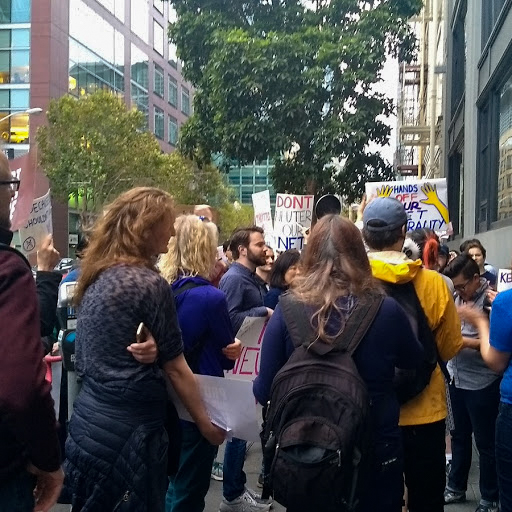
A net neutrality protest in San Francisco
On July 12th, 2017, the entirety of the internet joined forces in a nearly unanimous defense of net neutrality and Title II regulations. This mass public outcry pushed a relatively obscure issue to the front lines, and is now referred to as the Net Neutrality Day of Action. Now, the regulations are once again in danger of dismantlement.
The fight for a fair and open internet has been around since its invention. Without the regulations the web is currently under, that’s a fight the people would lose. Currently, internet service providers operate under Title II regulations, meaning all sites must be loaded at the same speed, and no legal content can be blocked or censored. Essentially, these regulations, widely referred to as net neutrality, ensure any customer who purchases an internet connection their right to access the entire web — not just bits and pieces
At the end of the day, an unregulated internet is an internet where people are only heard if they can pay.
Without neutrality, Internet Service Providers like Comcast and AT&T would be free to charge customers extra for features like social networking and video streaming. Certain sites, like Netflix, may cost more than others, like YouTube — depending on which corporation benefits the provider more. Richer corporations like Google or Facebook would be able to pay their way to faster speeds, pushing smaller sites — such as, say, student-run online news publications — into the slow lane. At the end of the day, an unregulated internet is an internet where people are only heard if they can pay.
A couple of days before Thanksgiving, the issue rolled back into the public spotlight. Ajit Pai, chairman of the Federal Communications Commission, announced the department would be voting on a full net neutrality repeal on December 14th.
According to Pai, “We saw companies like Facebook and Amazon and Google become global powerhouses precisely because we had light-touch rules that apply to this Internet. And the Internet wasn’t broken in 2015 when these heavy-handed regulations were adopted.”
Except that isn’t true.
There are 20 days left to fight for a free and open internet, 20 days to keep the largest platform of free speech available to the people, in the people’s hands.
Net neutrality is a bipartisan issue that has been pushed for since 2005 as a direct result of internet providers routinely overstepping their boundaries. In 2011, Metro PCS blocked streaming from every site except YouTube. In 2013, nearly every ISP available to the consumer market blocked Google wallet for personal gain. And in 2007, AT&T censored criticisms of President Bush.
Regardless of economic returns, the reason neutrality exists as it does today is because the internet has become an enormous platform for free speech. The first amendment guarantees, first and foremost, freedom of speech. It guarantees freedom of the press for all that is written. Net neutrality is, as many have begun to call it, “the first amendment of the internet.” The web was indeed “broken” until 2015 because it did not protect that crucial right.
On December 14th, the rules are projected to be overturned by a three-two majority, the yes voters consisting of Jessica Rosenworcel, Brendan Carr, and Ajit Pai. But net neutrality has not been killed yet, and there are 20 days left to fight back.
The simplest way to file a complaint is through savetheinternet.com. However, calling Congressional representatives is just as vital. Every district’s representative can be found here. It is also possible to contact representatives through text: the word “RESIST” texted to 50409 will fax your representative a statement. Battle for the Net simplifies the process. It is even possible to attend a net neutrality protest in Palo Alto on December 7th, in front of Verizon stores.
There are 20 days left to fight for a free and open internet, 20 days to keep the largest platform of free speech available to the people, in the people’s hands.
And it is imperative to use them.

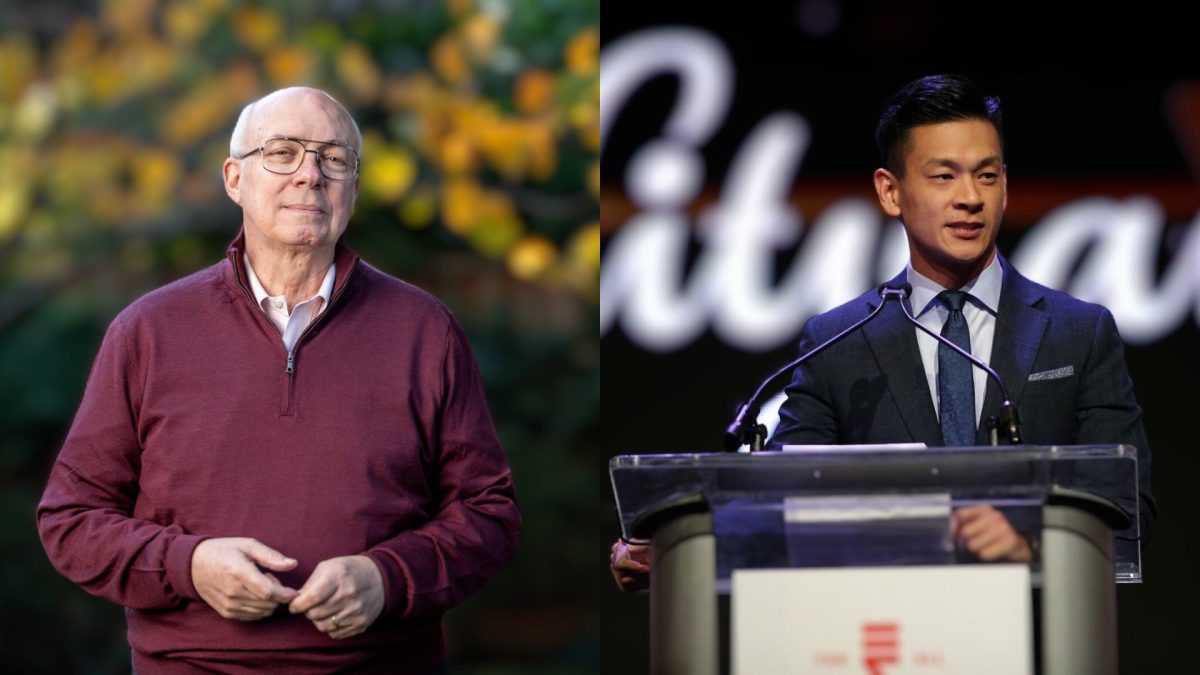



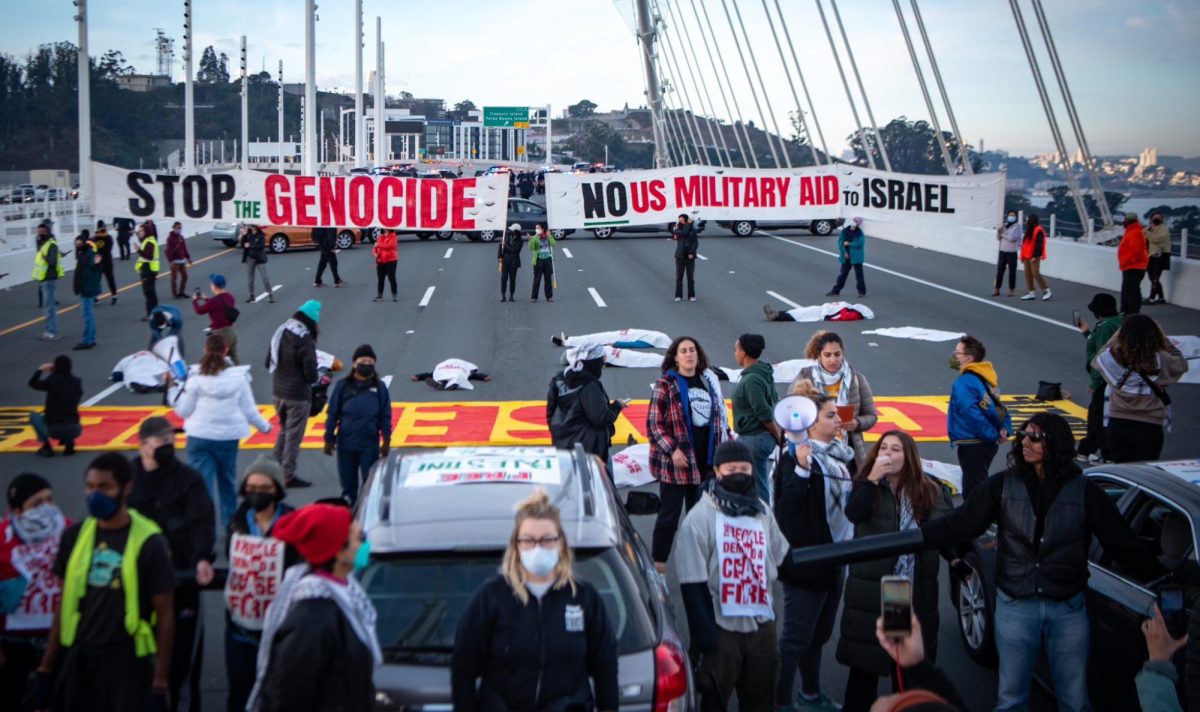

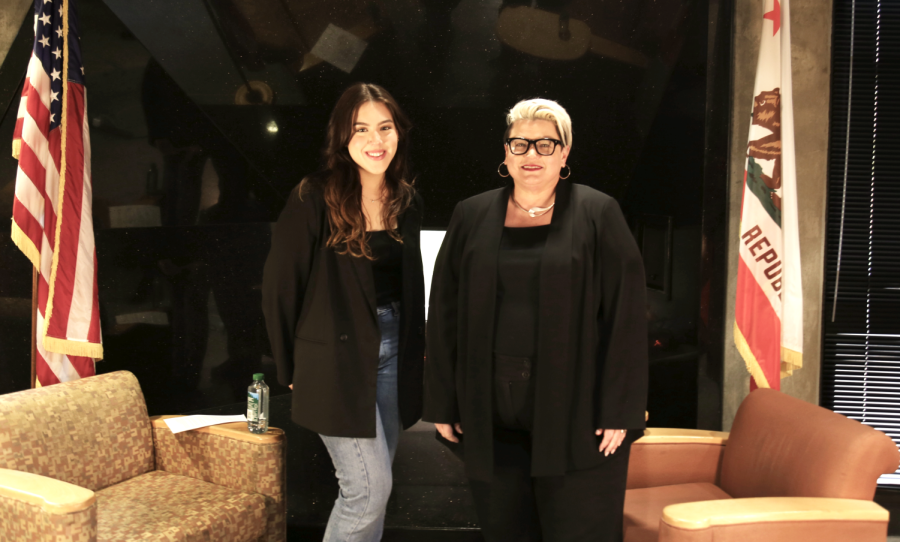


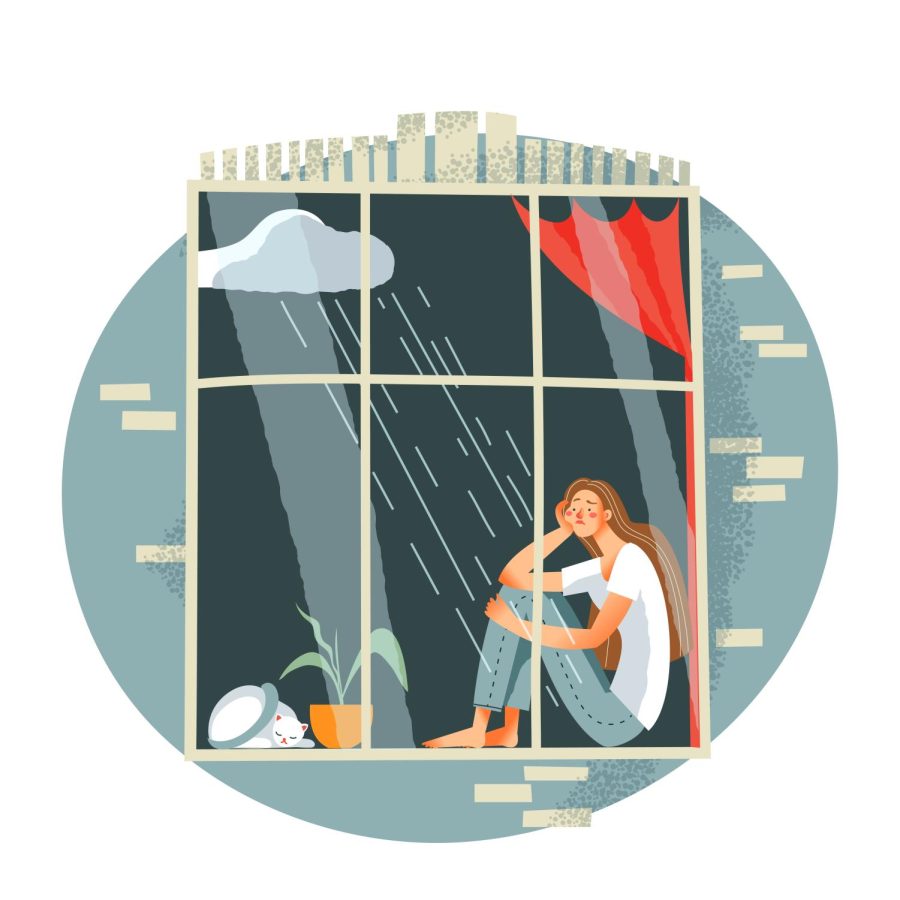

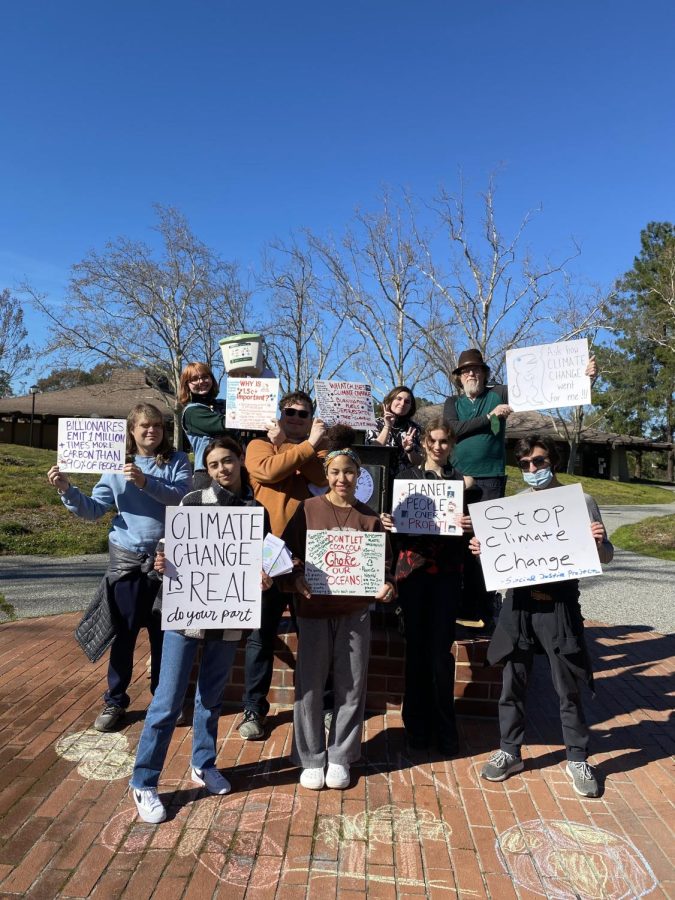




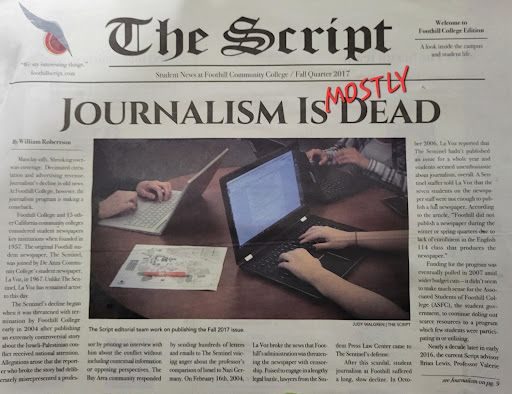

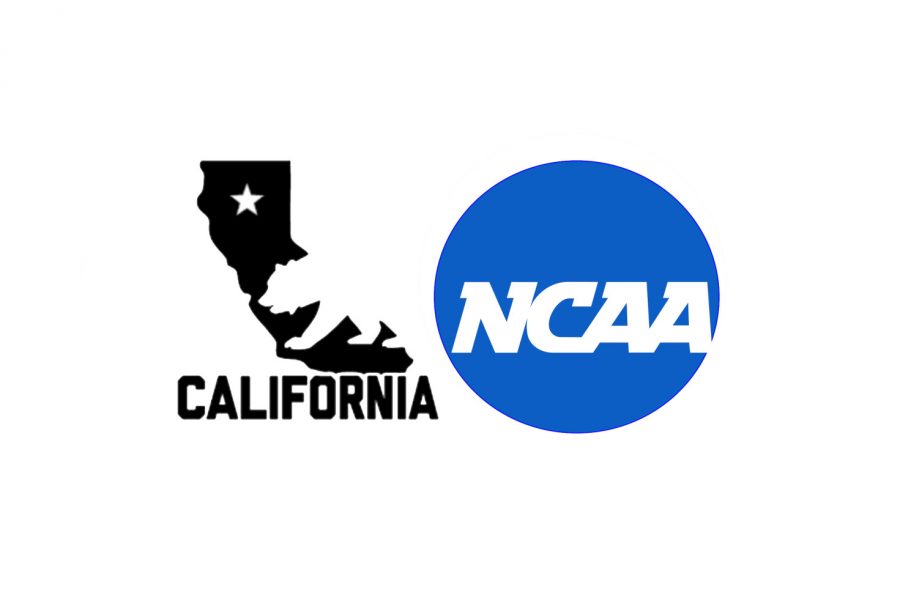
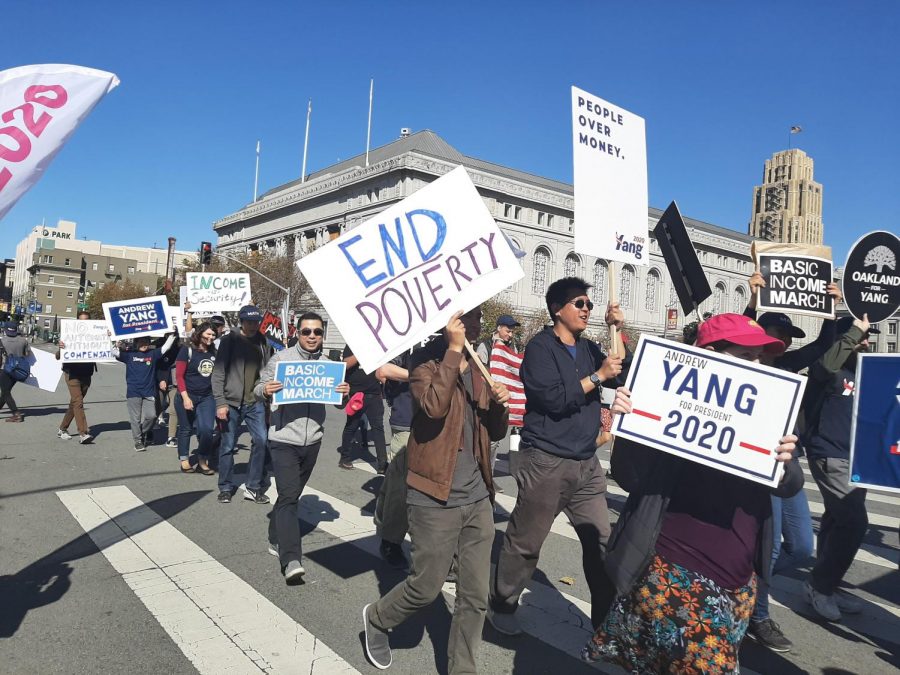
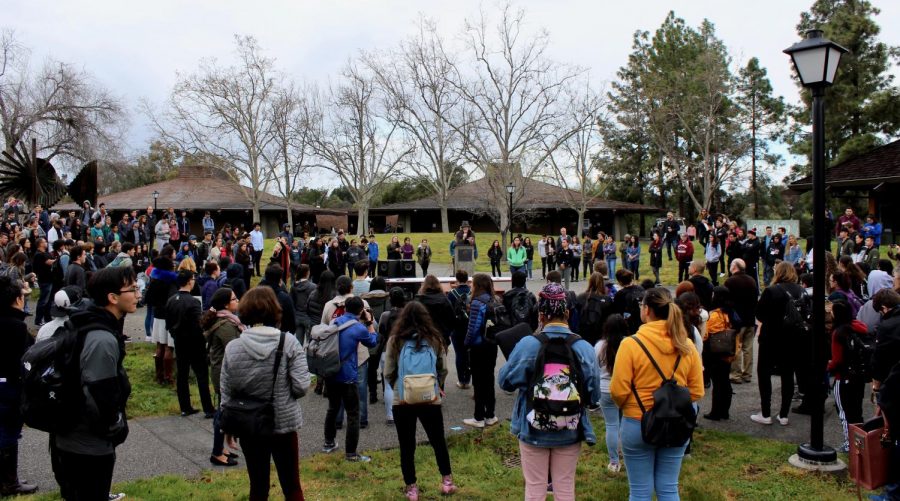
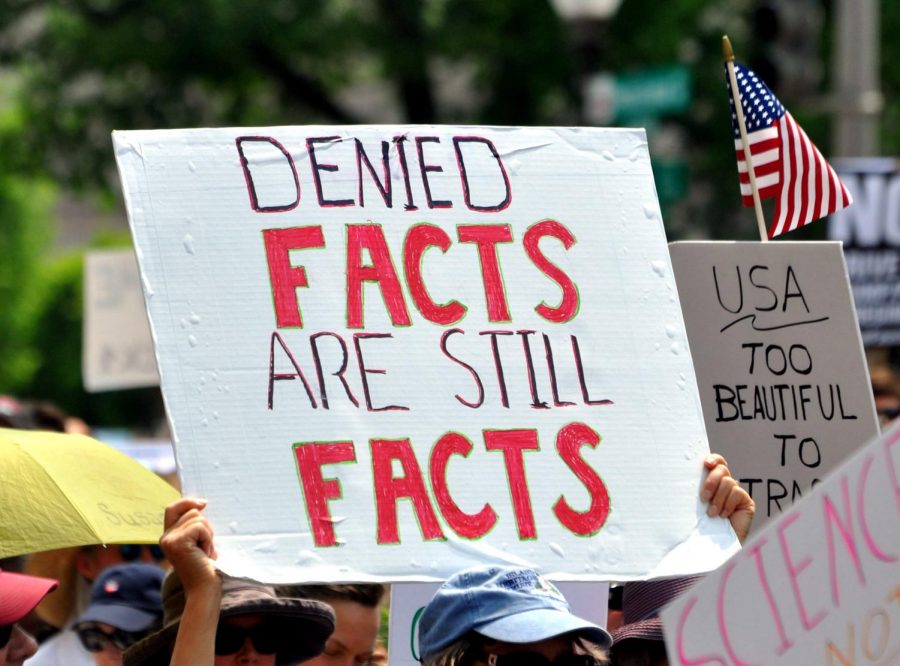

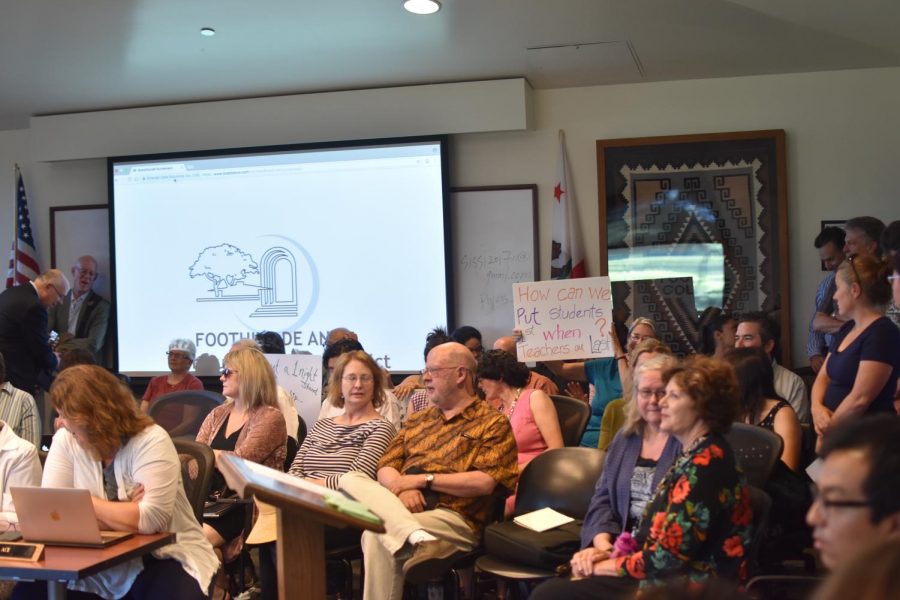
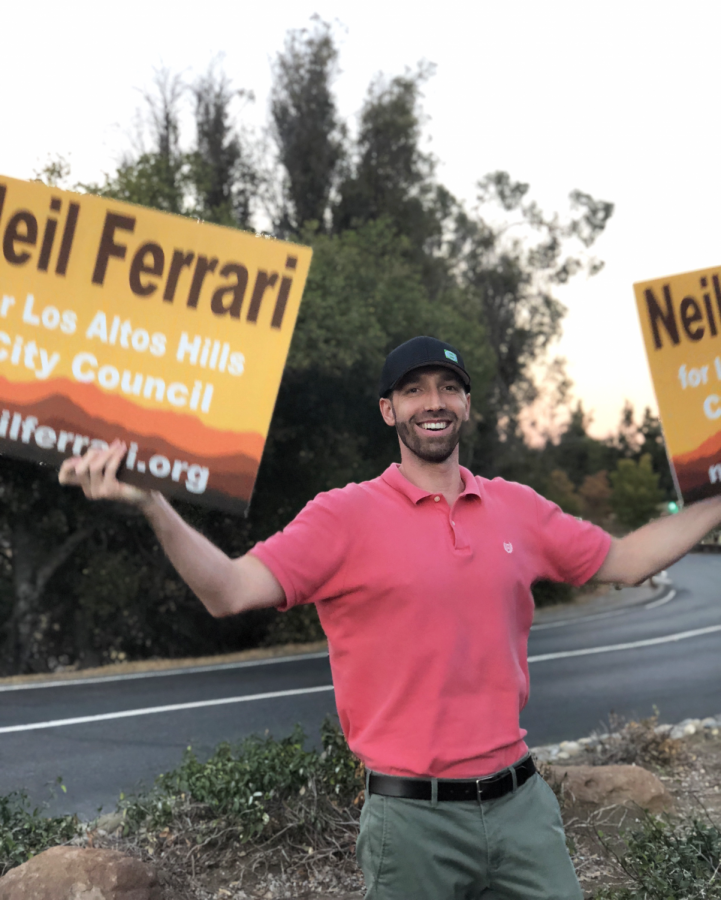

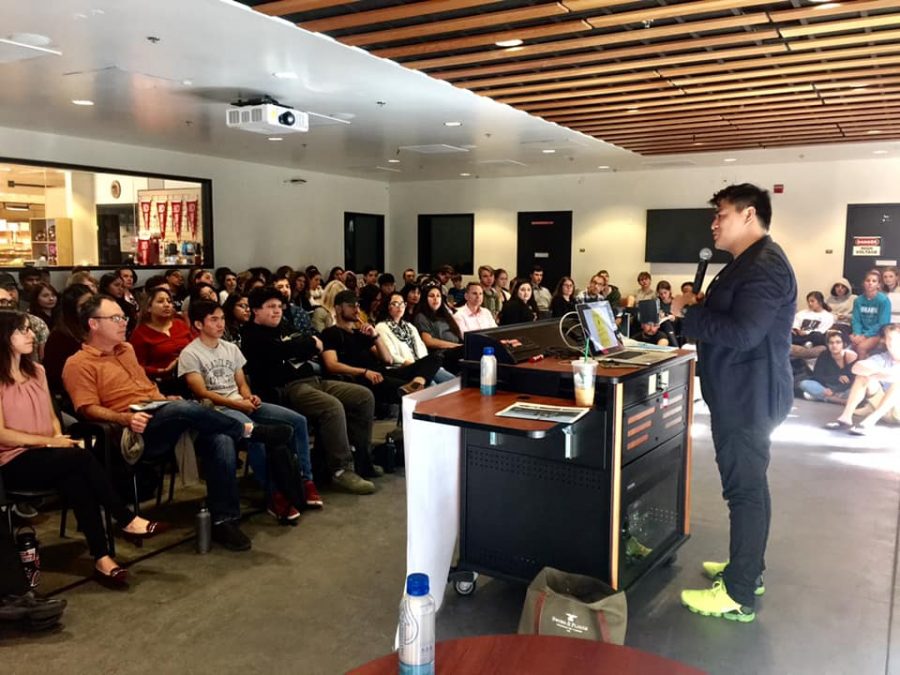
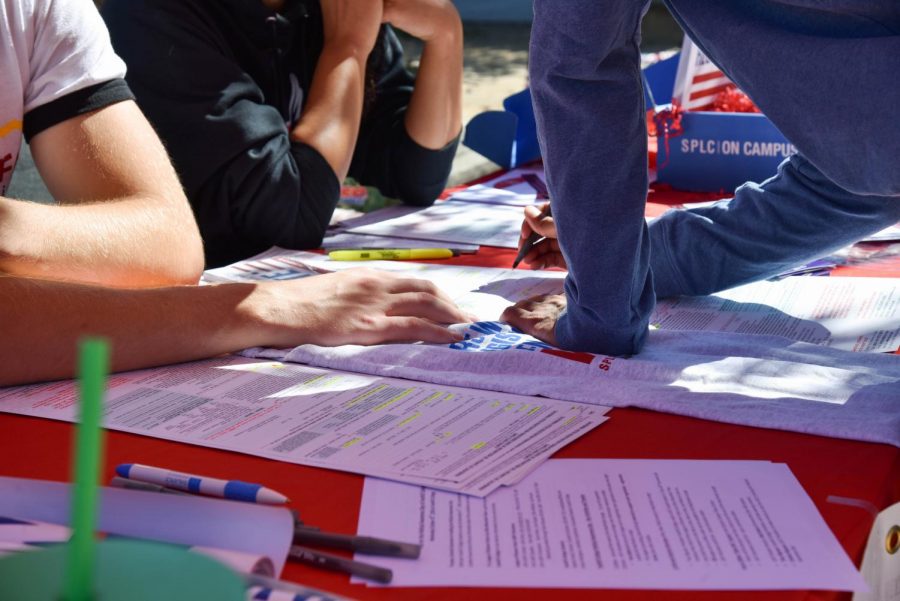
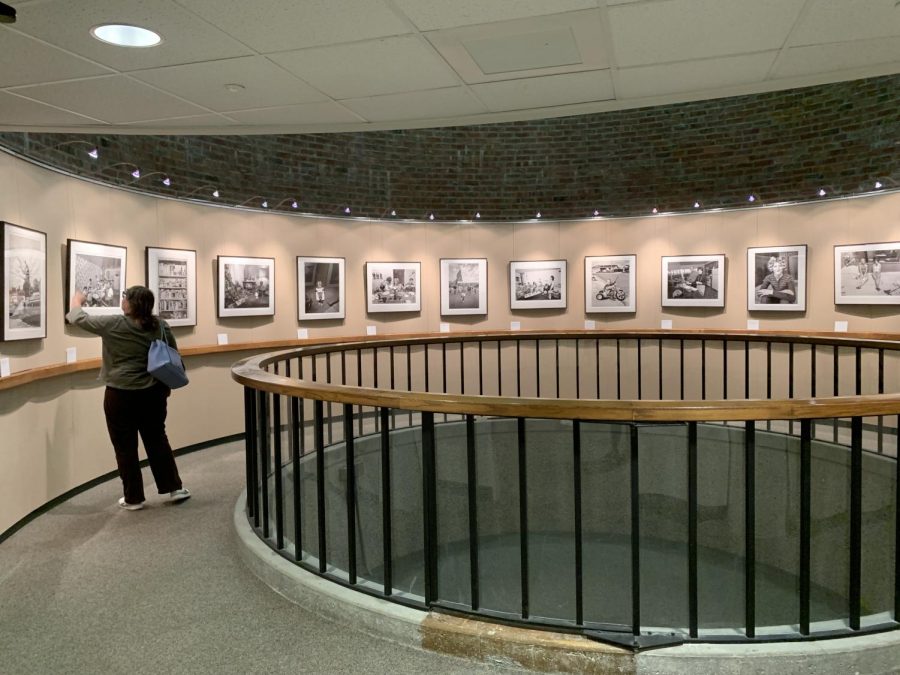



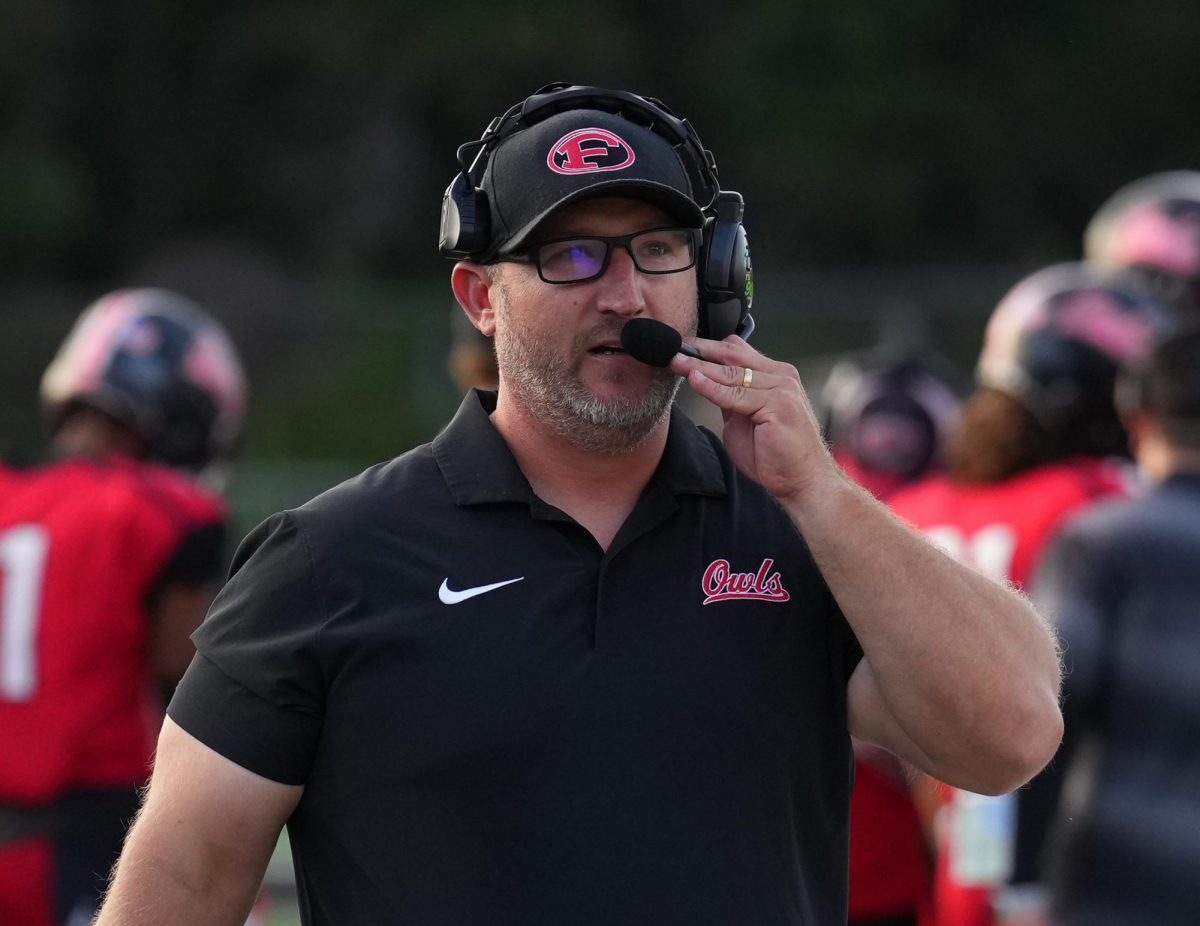

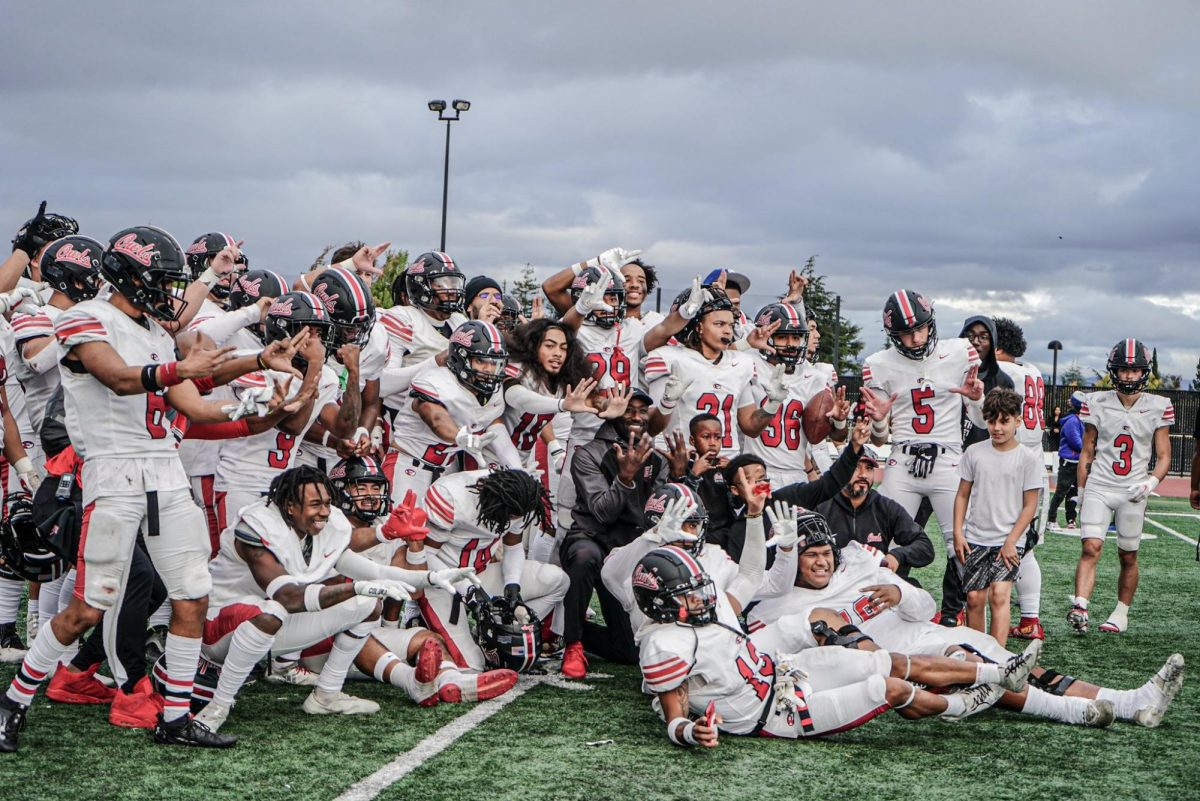

















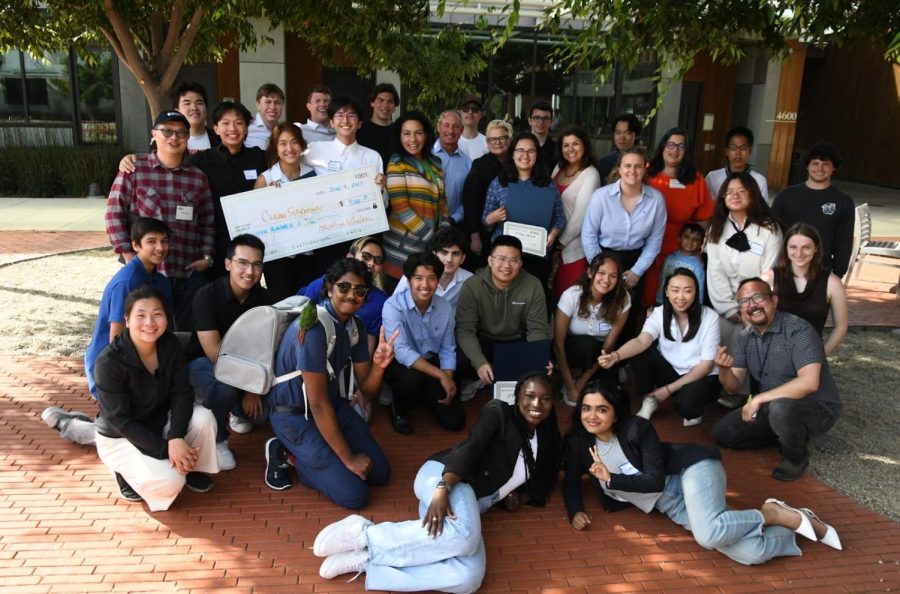














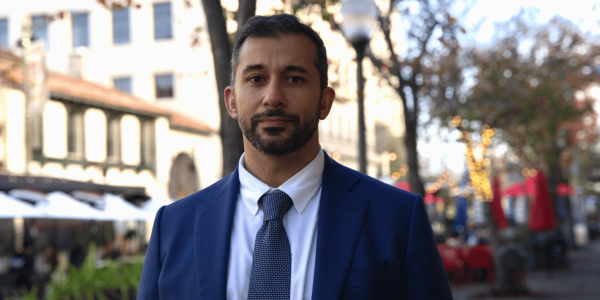



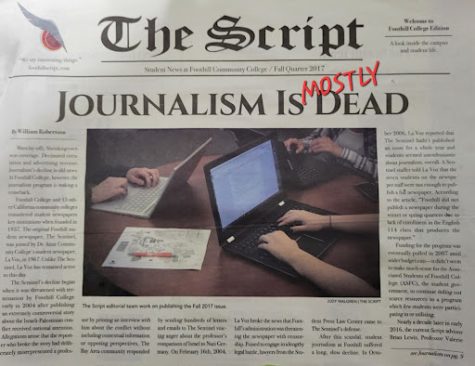

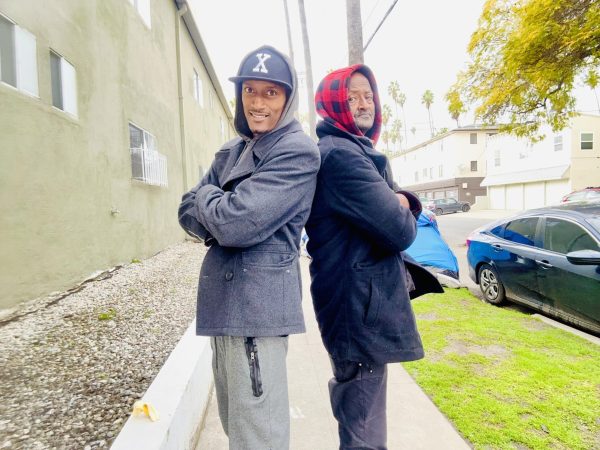

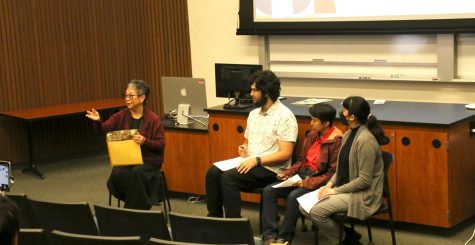



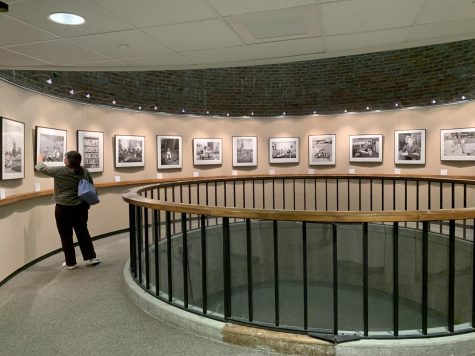
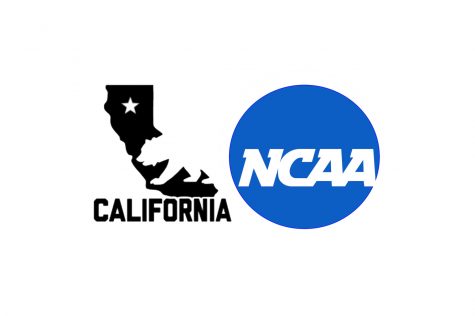
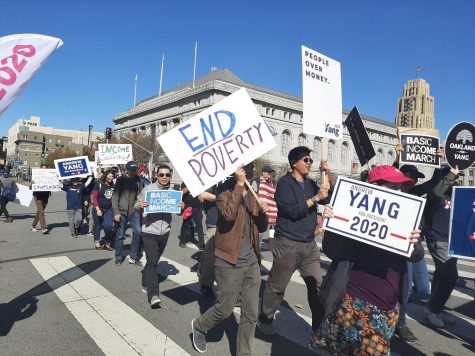
Rick Darnell
Dec 3, 2017 at 8:17 am
Keep net neutrality.